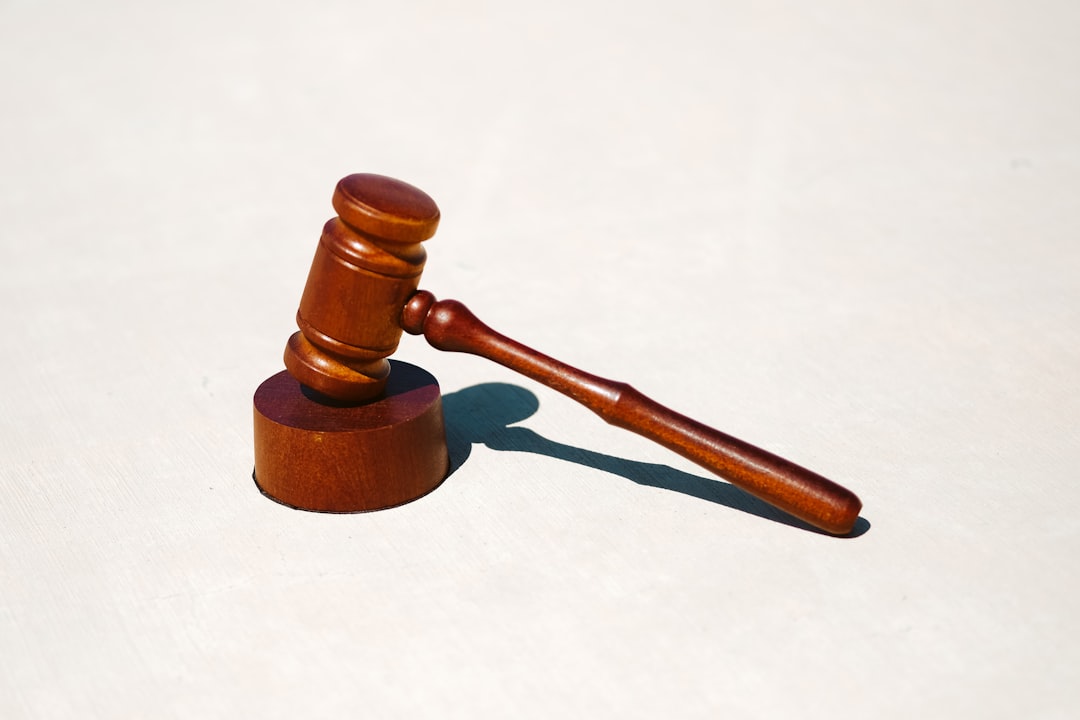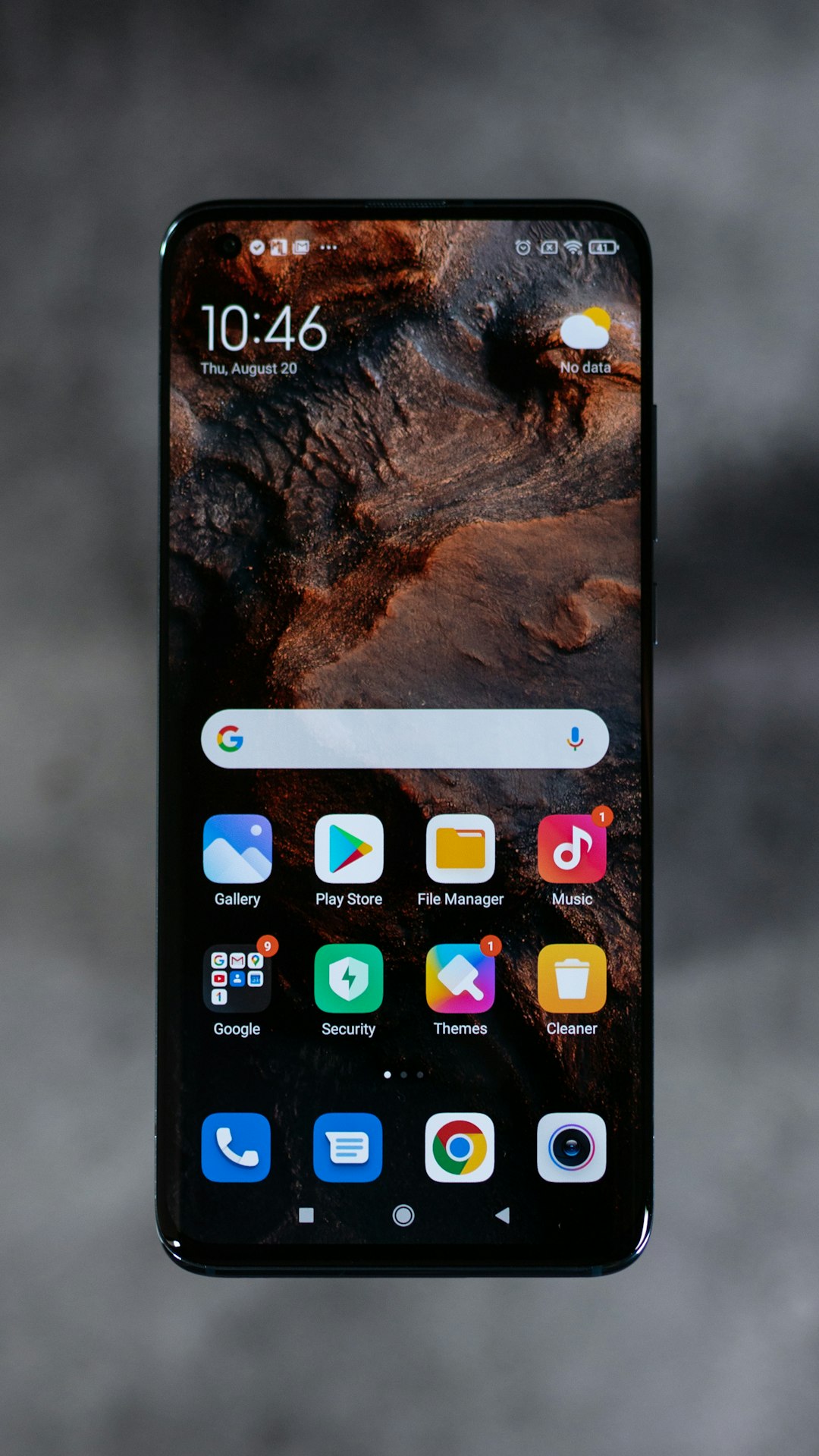In Indiana, businesses using autodialing systems must comply with state regulations like TCPA and consumer privacy laws. Transparency is key; companies must disclose call details, provide opt-out options, and consult a lawyer for autodialer Indiana to ensure compliance and maintain client trust. Strategic communication includes precise scripts, double opt-in systems, regular list updates, and dynamic content while preserving transparency. Successful case studies show improved client communication, efficiency, and education through transparent autodialing tailored to Indiana's regulations.
In today’s digital landscape, automated dialing (autodialing) is a common practice among businesses in Indiana. However, transparency in these practices remains paramount due to legal implications and consumer protection laws. This article explores the significance of transparency in autodialing, focusing on its role in mitigating legal risks for lawyers and fostering trust with consumers. We delve into best practices, case studies, and provide insights for a responsible and effective use of autodialers by businesses and legal professionals alike in Indiana.
Understanding Autodialing and Legal Implications in Indiana

In Indiana, autodialing refers to the automated process of placing phone calls to potential customers using a dialer system. While this technology enhances business efficiency, it also raises significant legal concerns, especially regarding consumer privacy and protection. The state has specific regulations in place to ensure fair practices when using autodialers, including requirements for obtaining consent and providing clear opt-out options to recipients.
Business entities utilizing autodialing systems must comply with Indiana’s laws, such as the Telephone Consumer Protection Act (TCPA). Violations can lead to substantial fines, making it crucial for companies to seek legal advice from a qualified lawyer for autodialer Indiana to navigate these complex regulations and avoid potential penalties. Understanding the legal implications is essential to maintaining compliance and fostering trust with customers in the Hoosier State.
The Role of Transparency in Consumer Protection Laws

Transparency plays a pivotal role in consumer protection laws, and this is no different when it comes to autodialing practices. In Indiana, where consumers are increasingly aware of their rights, transparency is not just a legal requirement but also a means to build trust between businesses and their clients. A lawyer for autodialer Indiana can help navigate these complex regulations.
When companies engage in automated dialing, they must disclose the nature of their calls, how often they will contact the consumer, and provide an opt-out mechanism. This ensures that consumers are not bombarded with unwanted calls and have control over their communication preferences. Transparent practices foster a positive perception of businesses, encouraging compliance with legal standards and enhancing customer satisfaction.
How Transparent Practices Can Mitigate Legal Risks for Lawyers

Transparency in autodialing practices is a powerful tool for lawyers operating within the state of Indiana. By being open about their use of automated dialing systems, legal professionals can significantly reduce potential legal risks. Many consumer protection laws and regulations are designed to prevent deceptive practices, and adherence to transparency guidelines is crucial to staying compliant.
When a lawyer in Indiana employs transparent autodialing methods, they ensure that clients are fully aware of the nature of the calls they receive. This includes disclosing the use of automated technology, providing clear instructions on how to opt-out of such communications, and offering easily accessible information about the law firm and its practices. Such openness fosters trust and respect between the lawyer and their potential or current clients, thereby mitigating risks of miscommunication, false representations, or unintended legal violations that could arise from less transparent autodialing practices.
Best Practices for Implementing Clear Communication in Autodialers

When implementing clear communication in autodialing practices, it’s crucial to adhere to best practices that ensure compliance and maintain consumer trust. First, a lawyer for autodialer Indiana should be consulted to understand state regulations on automated calls, including Do Not Call lists and required disclosures. Second, scripts for autodial messages must be crafted with precision, clearly stating the purpose of the call, providing an easy way to opt out, and avoiding any misleading language or excessive marketing jargon.
For effective execution, implement a double opt-in system where recipients confirm their consent via a text response or voice prompt. Regularly monitor and update contact lists to remove any invalid numbers or individuals who have requested to stop receiving calls. Additionally, employ dynamic content that adapts messages based on caller ID, call history, or user preferences to personalize interactions without compromising transparency.
Case Studies: Success Stories of Transparent Autodialing in Indiana

In Indiana, several law firms and businesses have successfully implemented transparent autodialing practices, leading to improved client relationships and increased efficiency. One notable example is a mid-sized law firm in Indianapolis that adopted an open autodialing system, allowing clients to opt-in to receive automated calls for case updates and reminders. This approach not only enhanced communication but also reduced the number of missed appointments, ultimately improving the firm’s overall operational effectiveness.
Another success story involves a local non-profit organization dedicated to consumer rights. By employing transparent autodialing techniques, they were able to engage with thousands of Indiana residents, educating them about their legal rights and providing valuable resources. This initiative not only increased awareness but also fostered trust among the community, making them a go-to resource for legal support in the state, as evidenced by the numerous positive feedback received from participants. These case studies underscore the significant benefits of transparent autodialing, particularly when tailored to the specific needs and preferences of Indiana residents, while adhering to local regulations, especially those involving consumer protection and privacy laws.





